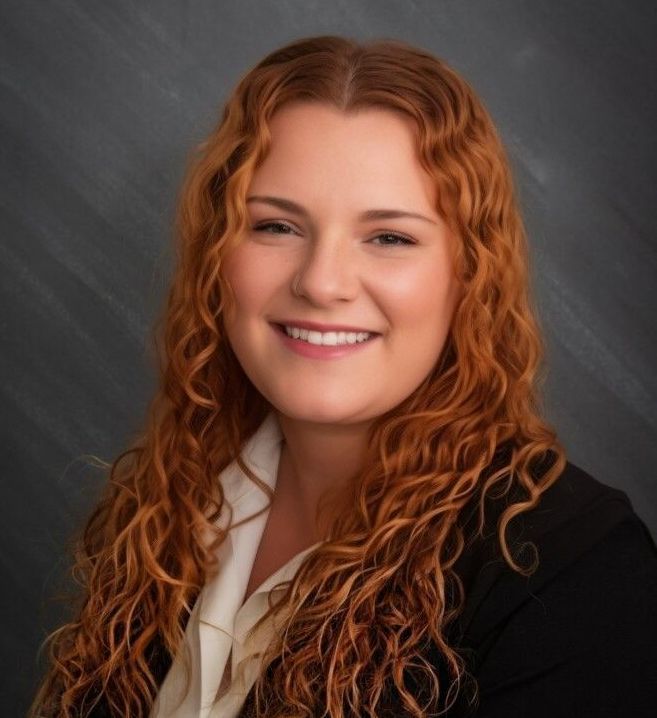AVAILABLE 24/7
CALL TODAY | 717-774-7721 | AVAILABLE 24/7
6 Things You Should Never Say to a Grieving Person
Words are powerful. They have the power to hurt or heal.
But sometimes we say things that we think offer comfort, when in reality, they hurt the people we love. We have a responsibility to guard our words, especially when someone is emotionally vulnerable, after the death of a loved one.
Consider avoiding these six common phrases when talking with someone who has lost someone close to them.
“I know how you feel.”
It’s true that you may have suffered a similar loss, but you have not suffered this particular loss. This comment assumes that you know the complex emotions of the bereaved and that you have felt each one exactly as they do. Every loss is one that has never been experienced before. Every person feels, processes, and heals in a different way.
Instead, you might say, “I know every loss is different in its own way, but something that helped me when I lost my mom was (insert helpful suggestion here),” or just simply and sincerely ask, “How are you doing?”
“You’re so strong.”
You may intend this to be received as a compliment, but what you’re communicating is, “I expect you to be strong enough to keep your emotions in check through all of this.” A comment about how strong they are takes away their option to express any vulnerability or genuine emotions to you.
It may invite a more honest response, and you should be ready with your emotional support, but instead, consider saying, “It’s okay to cry.”
“Sometimes we just don’t understand the will of God.” Or, “God must have needed another angel in heaven.”
These phrases and many similar ones are often used in Christian religious circles, and whether by intention or not, they essentially blame God for the death of a loved one. While it is true that we may not fully understand the will of God, these platitudes are not helpful.
It is appropriate to pray for others and seek comfort from God after loss, but not blame him for the loss. Instead, consider saying “I’ve been thinking about you so much” or “You’ve been in my thoughts and prayers.”
“She’s/he’s in a better place.”
When you are grieving the loss of a loved one, you don’t want them to be in a “better place.” You want them to be here, now, with you. In time, it may be a comfort to think of a loved one in heaven. But in the midst of the deep sorrow of NOW, it’s difficult to find comfort or healing in the phrase. Simply be there, and consider asking them questions about the loved one they’ve lost.
“If there’s anything I can do for you, just call me.”
Take note: the grieving person is not going to call you. They aren’t going to want to inconvenience you, even though your offer may be entirely sincere. Instead, take the initiative, and do something intentional. Tell them you are going to pick them up for lunch the following week. Ask them what day you can swing by to drop off dinners for the week. Or, call them every week or so just to check in. As you are intentional, they will feel your love and support.
“It’s been a while since she/he died. Isn’t it time to move on?”
Grief has no expiration date. Allow your loved one the time they need to grieve and put no expectations on them. You can lovingly suggest a grief counselor, ask about the person they lost, but don’t push them. Don’t try to fix their pain. Loving them through their grief will help them along the path to healing much more smoothly than your impatience.
Article excerpt from Funeral Basics - www.funeralbasics.org



Find Us On Social Media
© Parthemore Funeral Home & Cremation Services, Inc. All Rights Reserved. Admin Login
© Parthemore Funeral Home & Cremation Services, Inc. All Rights Reserved. Admin Login








